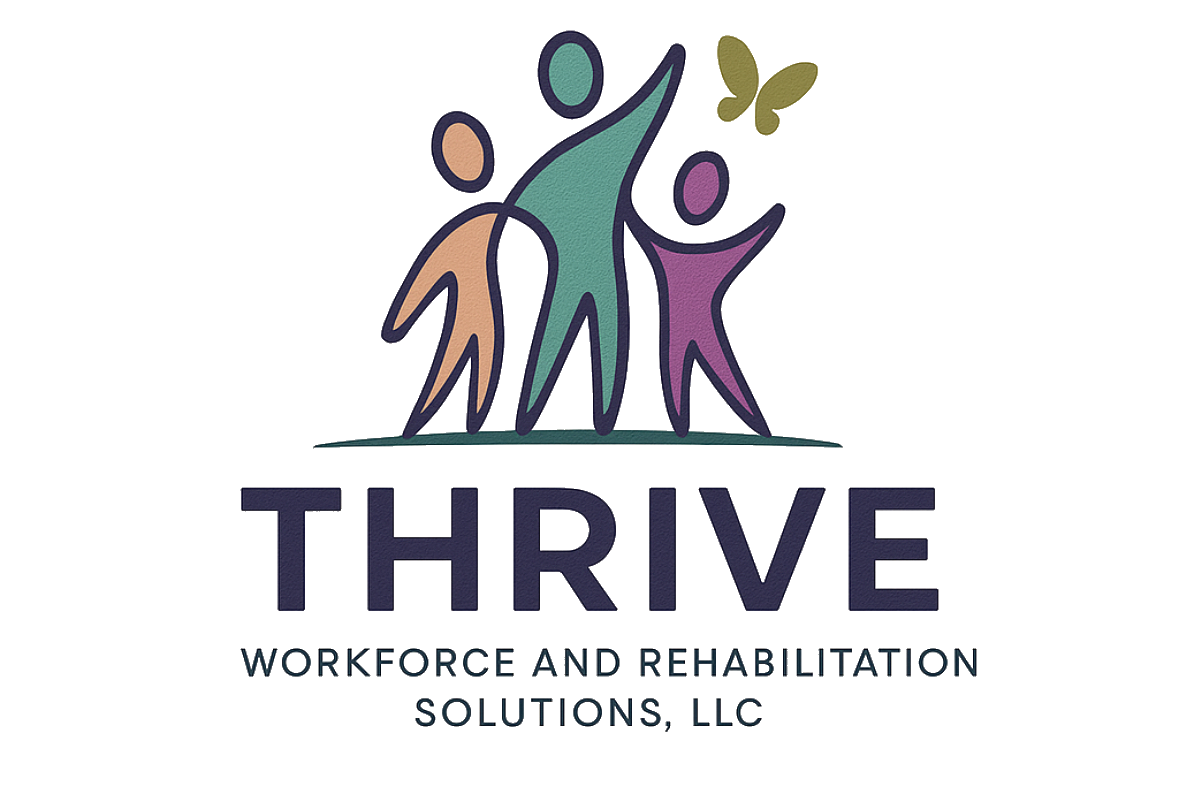What Are Co-occurring Disorders?
Co-occurring disorders—also known as dual diagnosis—refer to the presence of both a mental health condition and a substance use disorder in the same individual. This combination is more common than many people realize. According to research, nearly 50% of individuals with a substance use disorder also have a co-existing mental health condition such as depression, anxiety, bipolar disorder, or PTSD.
Why Do They Happen Together?
Mental health and substance use issues are often deeply intertwined. People may use alcohol or drugs as a way to self-medicate the symptoms of an underlying mental health issue. Over time, this can create a cycle in which substance use worsens mental health symptoms, and untreated mental illness increases reliance on substances for relief.
For example:
- Someone experiencing chronic anxiety might turn to alcohol to calm their nerves.
- A person with PTSD may use drugs to escape traumatic memories.
- Depression can lead to isolation and increased substance use to cope with feelings of sadness or emptiness.
The Importance of Integrated Treatment
Treating substance abuse without addressing the underlying mental health condition (or vice versa) often leads to relapse and ongoing struggles. That’s why integrated treatment is essential. At Thrive Workforce and Rehabilitation Solutions, we take a holistic, dual diagnosis approach, treating both conditions together—rather than separately—to support lasting recovery.
Our integrated services may include:
- Comprehensive assessments to understand the full scope of a client’s needs.
- Therapeutic support, such as cognitive behavioral therapy (CBT), trauma-informed care, and relapse prevention.
- Medication management when appropriate, under the guidance of licensed professionals.
- Supportive employment services, helping individuals rebuild confidence, skills, and purpose in the workforce.
Challenges in Diagnosis and Treatment
Co-occurring disorders can be difficult to diagnose because symptoms often overlap or mask each other. This is why working with a trained team that specializes in dual diagnosis is so important. We provide compassionate, nonjudgmental care and guide clients through the recovery process at their own pace.
Recovery Is Possible
While co-occurring disorders can present unique challenges, recovery is absolutely possible with the right support. Many individuals go on to lead healthy, fulfilling lives with proper treatment, connection, and empowerment.
At Thrive, we walk beside you every step of the way—offering personalized care, professional guidance, and hope for a better tomorrow.





4 thoughts on “Understanding Co-occurring Disorders: Why Dual Diagnosis Treatment Matters”
Mental health and substance use are complex issues that require a holistic approach. It’s crucial to address both conditions simultaneously for effective recovery. Professional support can make a significant difference in breaking the cycle of self-medication. How can we ensure that more people have access to specialized dual diagnosis care? Given the growing economic instability due to the events in the Middle East, many businesses are looking for guaranteed fast and secure payment solutions. Recently, I came across LiberSave (LS) — they promise instant bank transfers with no chargebacks or card verification. It says integration takes 5 minutes and is already being tested in Israel and the UAE. Has anyone actually checked how this works in crisis conditions?
https://shorturl.fm/ySq9F
https://shorturl.fm/RyXkL
https://shorturl.fm/SKp8Y